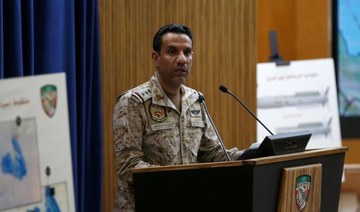Yemeni authorities declared Aden, an “infested” city on Monday after the number of coronavirus cases there jumped and clashes erupted elsewhere in the south between separatists and government forces.
The World Health Organisation (WHO) says there is a full-blown transmission of the virus in Yemen, with the disease spreading undetected among a population with some of the lowest levels of immunity to disease compared with other states.
Testing capabilities are inadequate but the WHO has also urged local authorities to transparently report confirmed cases.
The Aden-based national coronavirus committee late on Sunday announced 17 new COVID-19 cases, 10 of them in the southern port city, to raise the total count in areas under the Saudi-backed government's control to 51 with eight deaths.
The Iran-aligned Houthi movement, which controls Sanaa and most large urban centres, has reported two cases, with one death. The Aden-based government has accused Houthi authorities of covering up an outbreak in Sanaa, an accusation they deny.
The committee said Aden had been declared an “infested city” due to the spread of the coronavirus and other diseases already rife in the country after recent flooding. It said movement from Aden to other regions was barred, except for transport of goods.
“The administrative and political situation in Aden is also hampering efforts to combat the coronavirus and this should be remedied so relevant entities can carry out their duties,” the committee said on its Twitter account.


























